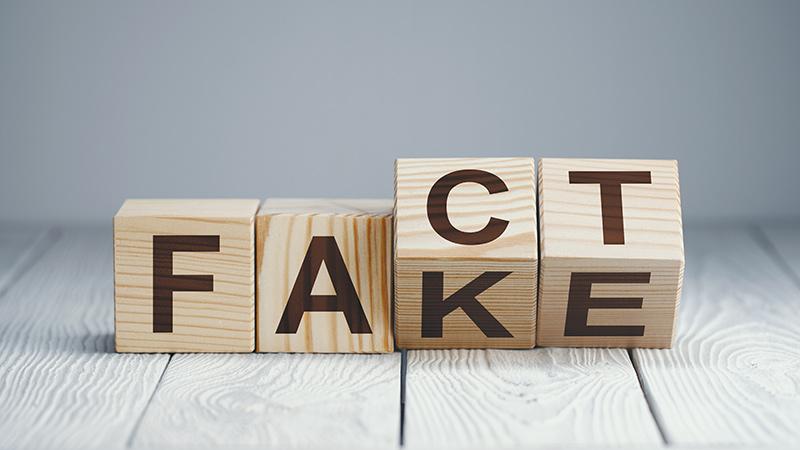University of Westminster visiting researcher Peter Cunliffe-Jones, and colleagues at three leading fact-checking organisations, will embark on a six-month-long research project from April 2024 to analyse the potential of misinformation to cause or not cause harm to individuals and groups.

Cunliffe-Jones is a visiting researcher at the University of Westminster’s Communications & Media Research Institute (CAMRI), the founder of fact-checking organisation Africa Check and a member of the advisory board of the International Fact-Checking Network. His research focuses on the factors that influence the potential of false information to cause or not cause harm. Professor of Media History Jean Seaton and Professor of Psychology Tom Buchanan will also advise on this new project.
The purpose of this research trial is to help fact-checking organisations and misinformation researchers ascertain whether it is possible to identify which examples of false information in the public domain in the UK, Europe and Africa have, and do not have, a substantive potential to cause or contribute to specific harms for individuals and society.
In this trial, funded by Google News Initiative and YouTube, researchers at three of the world's leading fact-checking organisations - Africa Check, AFPFactCheck and Full Fact - will review hundreds of false and misleading claims. They will use a theoretical model developed by Cunliffe-Jones to identify whether these claims have or could have negative societal ramifications.
Following the trial, a second group of independent misinformation researchers will review the model used, the consistency with which it was applied in the trial, and the evidence of whether its findings replicate in reality.
Cunliffe-Jones said: “This year, the World Economic forum identified misinformation and disinformation as one of the leading risks to the world. Concern about the possible effects of misinformation on society began to rise around the world in 2016. Authorities in many countries have amended laws and regulations to penalise publication of information they deem false, often on grounds of its declared falsity alone. At the same time, many dismiss the argument that false information has potential to cause or contribute to harms to individuals or society and reject measures to reduce such harm.”
Speaking about the project, Cunliffe-Jones continued: “Over recent years, we have learned a lot about the factors that shape the potential of false information to cause or contribute to specific harms, for individuals and society. But we have little useful data on the scale and nature of the harms or potential harms, by false information in circulation. This enables authorities in many countries to clamp down on supposedly false information on grounds of its alleged inaccuracy alone. And it makes it harder for those who seek to counter harmful misinformation to do so. This project aims to respond to that challenge.”
The research on which the model used in this trial is based is expected to be published by University of Westminster Press later this year. An independent study of the results of the trial will be published towards the end of this year.
Learn more about Media and Communications courses at the University of Westminster.


